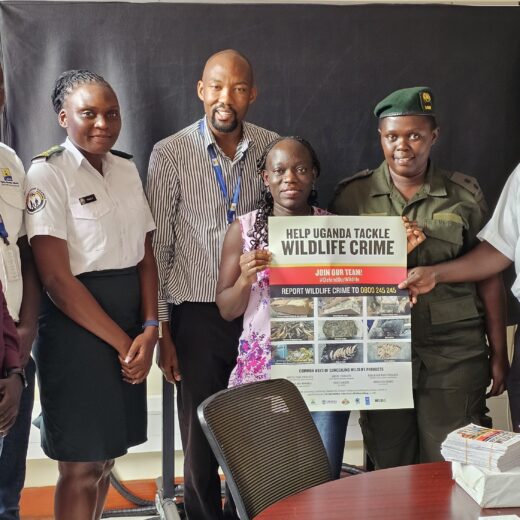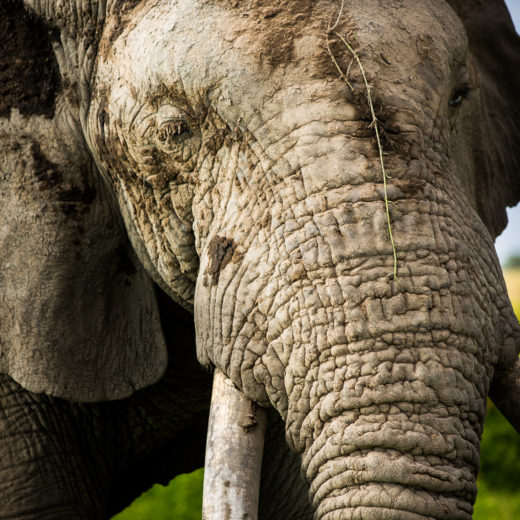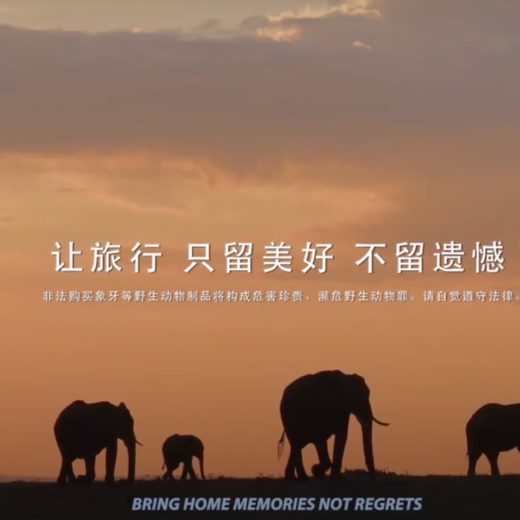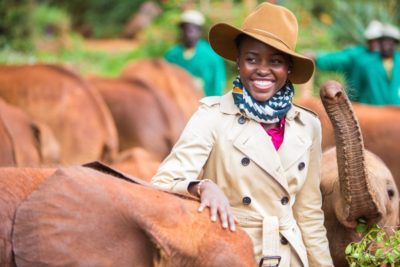
BY WILDAID
NAIROBI, Kenya (30 June 2015) — Academy Award-winning actress Lupita Nyong’o has returned to her native Kenya and announced today that she will advocate globally for elephants with international conservation organization WildAid, as well as promote women’s issues, acting and the arts in Kenya.
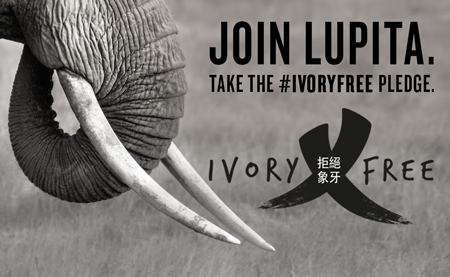

Ms. Nyong’o spent time in Amboseli National Park with the Amboseli Trust for Elephants and at The David Sheldrick Wildlife Trust’s Nairobi elephant orphanage, meeting with local conservationists and filming messages for international distribution in Kenya, Tanzania, South Africa, China (including Hong Kong SAR), Thailand and the United States.
These messages are designed to raise awareness of the elephant-poaching crisis and to reduce the demand for ivory in consuming markets. Ms. Nyongo also met with Kenya-based African Wildlife Foundation and Save the Elephants who partner on these projects, as well as representatives of Wildlife Direct, and Ol Pejeta and Lewa Conservancies — all groups active in combatting poaching in Kenya.
“Brave and dedicated people are giving their lives to protect our elephants,” Ms. Nyong’o said. “They need all of our support, from people in the United States and Asia by not buying ivory, and from Kenyans in supporting anti-poaching by reporting wildlife crime. Poaching undermines national security and endangers jobs and community support derived from tourism.”
At a Tuesday press conference in Nairobi, film was shown of Ms. Nyong’o as a young girl singing for the elephants, as well as some highlights of her trip, which will later be used for television, radio, social media, newspapers, magazines and billboards with the message in Africa that “Poaching steals from us all,” and in Asia and the US that “When the buying stops, the killing can too.” Ms. Nyong’o joins a host of international icons including Jackie Chan, Yao Ming, Edward Norton, Prince William and David Beckham who are featured in the campaigns. WildAid and the African Wildlife Foundation plan to recruit more prominent Kenyans to join the campaign locally when it launches next year.
Lupita Nyong’o – WildAid from WildAid on Vimeo.
Though Kenya banned the ivory trade 25 years ago, growing affluence in Asia has produced a new class of ivory consumers who have reignited demand and stimulated the illegal ivory trade, resulting in an escalating poaching crisis. Across Africa, up to 33,000 elephants are killed annually for their ivory, with militant groups and international criminal syndicates profiting from the trade.
WildAid CEO Peter Knights said: “There has been a 50% increase in awareness of elephant poaching in China in the last two years, 95% of Chinese surveyed support a ban on ivory sales, and the government recently announced a phase-out of legal ivory sales. Kenya has passed new stricter laws and is cracking down through the courts. So there is some light at the end of the tunnel for elephants, and we hope Lupita can help us all secure their future.”
Ms. Nyong’o’s homecoming tour is supported by a number of prominent local companies including Safaricom, Kenya Airways, Simba Colt Motors, African Heritage, Villa Rosa Kempinski, Seventh Sense Communications and luxury bag manufacturer Lulea.
Click here to learn more about The David Sheldrick Wildlife Trust’s Nairobi Elephant Orphanage.
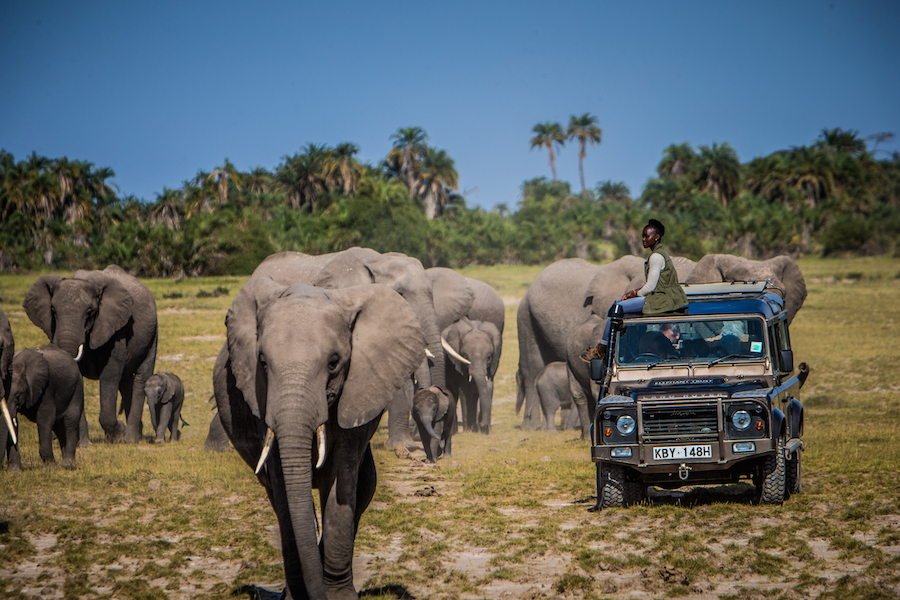

Tusk photo (above right) by Poulomee Basu.
Stay in touch and get the latest WildAid updates.
SIGN UP
